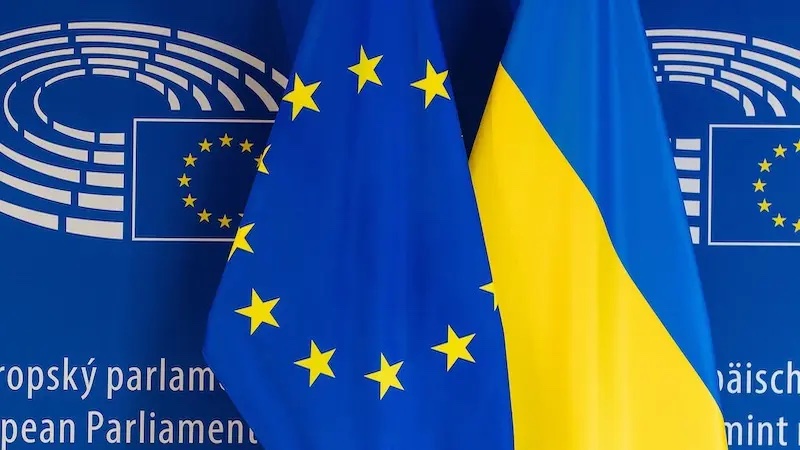
By Claudia Ciobanu
Foreign ministers of the five biggest powers in Europe together with the incoming top EU diplomat and host Poland held talks in Warsaw on Tuesday to reaffirm their commitment to Ukraine in its defence against Russian aggression.
“We were in agreement that imposing on Ukraine peace recipes contrary to its interests or unacceptable socially would have a negative impact on the stability of the country,” Polish Foreign Minister Radoslaw Sikorski said after the meeting of Weimar Triangle foreign ministers (Germany, France and Poland) plus Italy, Spain and the UK.
“Any scenarios for finishing the war and putting an end to Russian aggression must be worked out in close cooperation with the Ukrainian government,” Sikorski added.
The meeting was called to allay fears that Ukraine would be sidelined once the newly elected US president Donald Trump takes office in January. Trump has repeatedly talked about bringing peace “in 24 hours” by imposing a solution that would likely be heavily weighted towards Russia.
Jitters were also caused by the decision of German Chancellor Olaf Scholz to discuss the war with Russian President Vladimir Putin on a one-on-one call last week, the first since the full-scale invasion began. That call has been criticised by Ukrainian President Volodymyr Zelensky and Polish Prime Minister Donald Tusk, among others.
Sikorski was joined in Warsaw by the foreign ministers of Germany (Annalena Baerbock), France (Jean-Noel Barrot), Italy (Antonio Tajani) as well as Kaja Kallas, the future EU high representative for foreign affairs. The foreign ministers of Spain and the UK took part in the talks remotely.
Explaining the reasons for organising the meeting, Sikorski said it was prompted by the weekend’s major attack on Ukraine, the largest since last year, as well as by the US presidential election.
The meeting in Warsaw also served as an attempt by Poland to preserve its key role in European policymaking on Ukraine after apparently being snubbed last month by Berlin when it held talks on Ukraine with the US, UK and France but not Poland. It was also an opportunity for Sikorski to score a few domestic points ahead of his party’s primary election later this week to choose its presidential candidate for next year.
German Foreign Minister Baerbock spoke about the importance of not “having any breaks in securing the peace in Europe” in the context of uncertainties connected to the election of Trump as the next president of the US. EU countries, she said, “must strengthen the European pillar of NATO” and “invest significantly more than 2 per cent of GDP in defence”.
She also warned against “self-fulfilling prophecies”, implying that it was too early to tell what a future US administration would do in relation to the war and US financial involvement in European defence.
All the foreign ministers were careful to highlight the importance of cooperation with the US for ensuring peace in Europe, regardless of who holds the reins of power in Washington. “It’s only by having strong transatlantic ties that we can counter the rising threats from Russia and other countries,” Sikorski said.